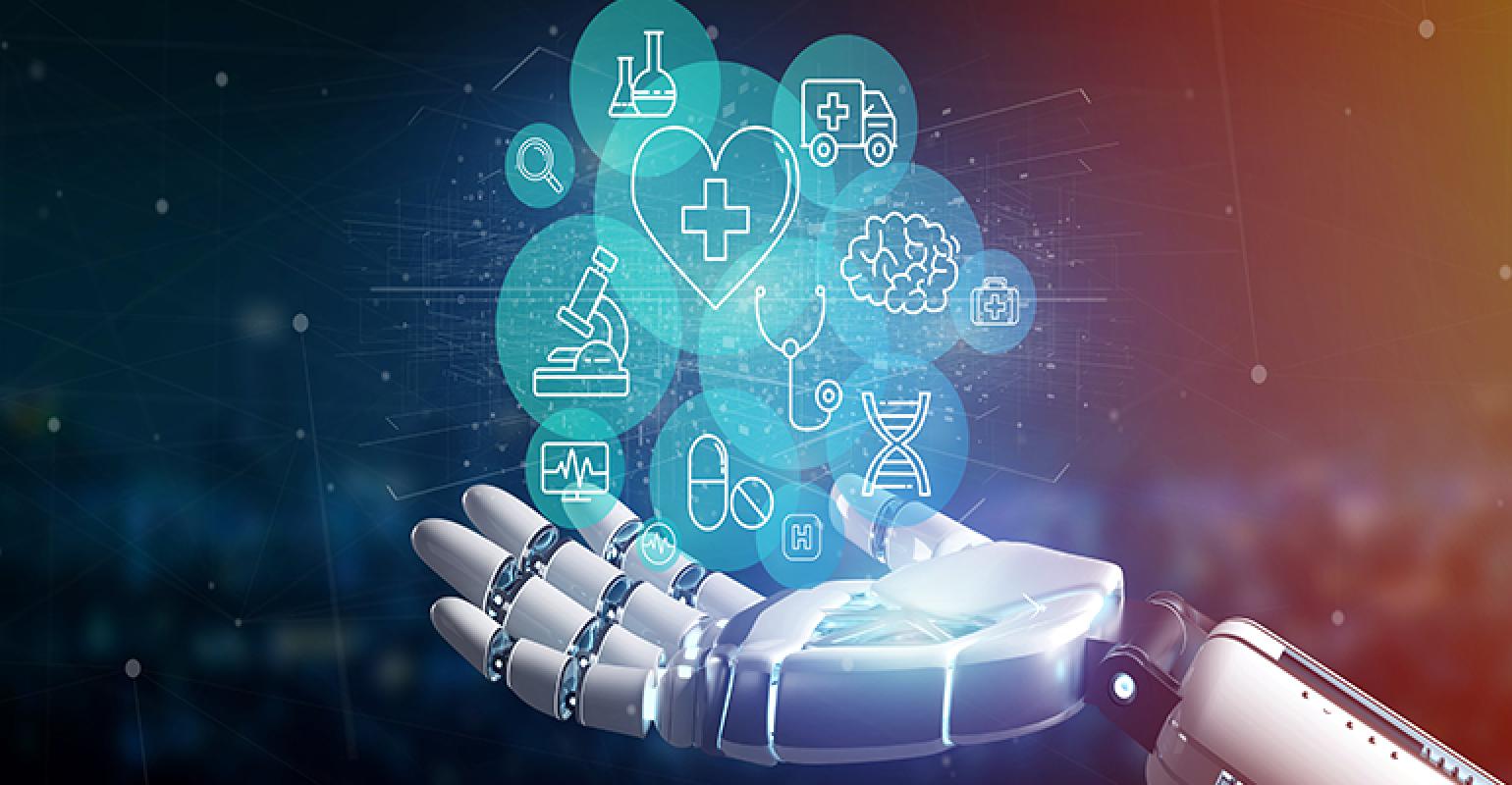
AI Unlocks Unprecedented Potential in Healthcare DiagnosticsAI Unlocks Unprecedented Potential in Healthcare Diagnostics Artificial intelligence (AI) is transforming the healthcare industry at an unprecedented pace, particularly in the realm of diagnostics. This cutting-edge technology has the potential to revolutionize patient care by enabling earlier, more accurate, and personalized diagnosis of various medical conditions. Precision Medicine Revolutionized AI algorithms can analyze vast amounts of complex medical data, including patient history, genomics, imaging, and laboratory tests. This analytical prowess allows healthcare providers to identify patterns and correlations that are often invisible to the human eye. As a result, AI can pinpoint specific disease signatures and predict the likelihood of developing certain conditions with remarkable accuracy. Early Disease Detection Early detection is crucial for effective treatment and improved patient outcomes. AI algorithms can detect subtle changes in medical data that may indicate the onset of a disease long before traditional diagnostic methods. By identifying these early signs, healthcare providers can intervene promptly, potentially preventing or mitigating the development of serious conditions. Personalized Diagnosis Each patient is unique, with their own genetic makeup, lifestyle factors, and environmental exposures. AI algorithms can tailor diagnostic approaches to the individual characteristics of each patient. This personalized diagnosis improves the accuracy and specificity of results, leading to more targeted treatment plans and better health outcomes. Imaging Analysis Enhancements Medical imaging plays a vital role in diagnostics, but interpreting images can be time-consuming and challenging. AI algorithms can analyze medical images, such as MRI and CT scans, with unparalleled speed and accuracy. They can identify minute changes, detect subtle anomalies, and differentiate between normal and abnormal findings, significantly enhancing the diagnostic capabilities of healthcare providers. Automation and Efficiency AI algorithms can automate many diagnostic tasks, freeing up healthcare professionals to focus on more complex and patient-centered aspects of care. This automation streamlines the diagnostic process, reduces the risk of errors, and allows healthcare providers to see more patients in a timely manner. Cost-Effectiveness By enabling earlier disease detection, AI can potentially reduce the cost of healthcare. Early intervention can prevent the need for costly treatments and hospitalizations, leading to long-term cost savings for both patients and healthcare systems. Conclusion The integration of AI into healthcare diagnostics is unlocking unprecedented potential for improving patient care. AI algorithms empower healthcare providers with tools to detect diseases earlier, provide personalized treatments, and deliver more efficient and accurate diagnoses. As AI continues to advance, its transformative impact on healthcare will undoubtedly continue to expand, revolutionizing the way we diagnose and treat medical conditions.
Posted inNews